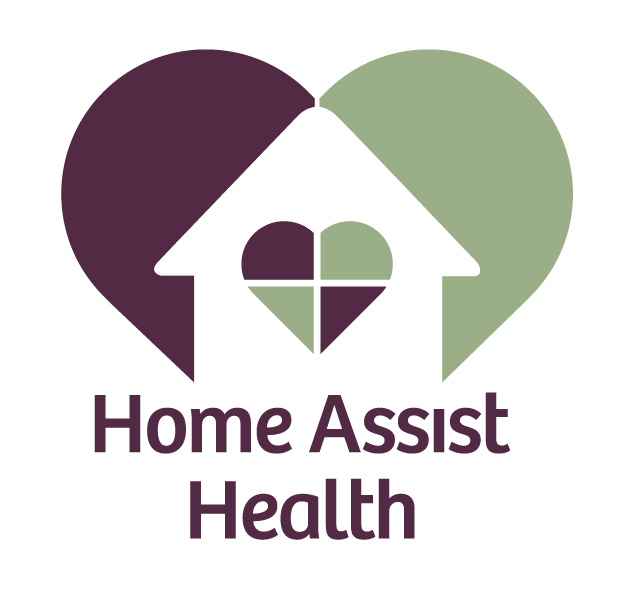 March 8 – 14 is Sleep Awareness Week, a time to encourage better sleep to increase overall health and well-being. We all know how important a good night’s sleep is to our health. Regular sleep deprivation can increase the risk for many health issues, including high blood pressure, heart disease, diabetes, obesity, stroke and dementia.
March 8 – 14 is Sleep Awareness Week, a time to encourage better sleep to increase overall health and well-being. We all know how important a good night’s sleep is to our health. Regular sleep deprivation can increase the risk for many health issues, including high blood pressure, heart disease, diabetes, obesity, stroke and dementia.
Quality sleep for family caregivers is critical as they can especially be at risk for sleep problems, including insomnia (the inability to fall or stay asleep), hypersomnia (problems staying awake), and poor-quality sleep. While taking care of a loved one, caregivers often get up in the middle of the night to help, or they stay up late to get their own chores done. Additionally, many family caregivers fall into the sandwich generation as they attempt to provide care to elderly parents and juggle the demands of young families and full-time careers.
Sleep needs vary across ages and are impacted by lifestyle and health. According to the National Sleep Foundation, you must determine how much sleep you need and how you feel on different amounts of sleep by assessing not only where you fall on the “sleep needs spectrum,” but also by looking at what lifestyle factors are affecting the quality and quantity of your sleep.
Though research cannot identify the exact amount of sleep needed by people at different ages, the National Sleep Foundation has developed a new chart that includes minimum and maximum ranges for health, as well as recommended windows and amounts experts agree upon.
• Younger adults (18-25): Sleep range is 7-9 hours (new age category)
• Adults (26-64): Sleep range did not change and remains 7-9 hours
• Older adults (65+): Sleep range is 7-8 hours (new age category)
Proper sleep for family caregivers should be a priority. It’s not only necessary in order for you to take care of yourself, it is also necessary for providing quality care for the ones you care for.
